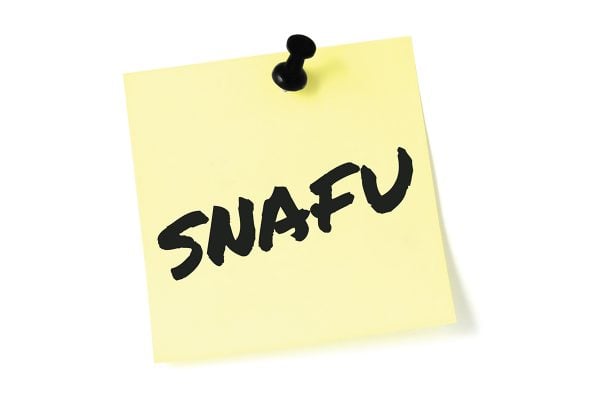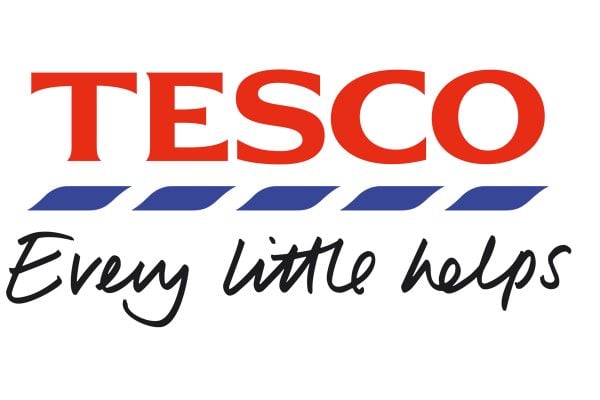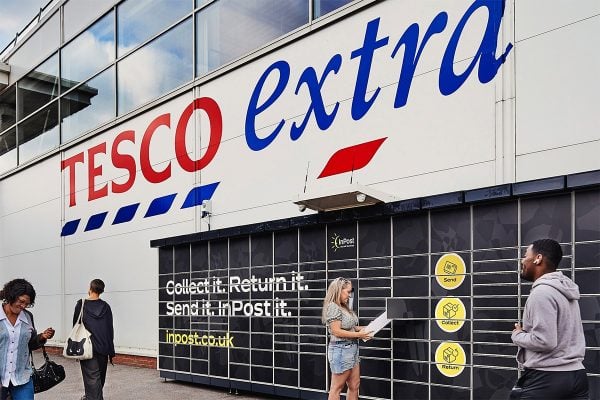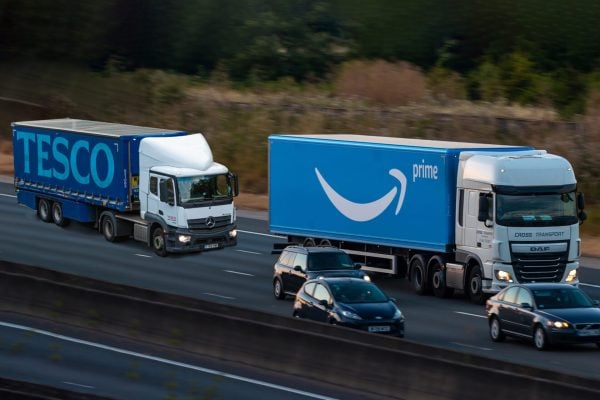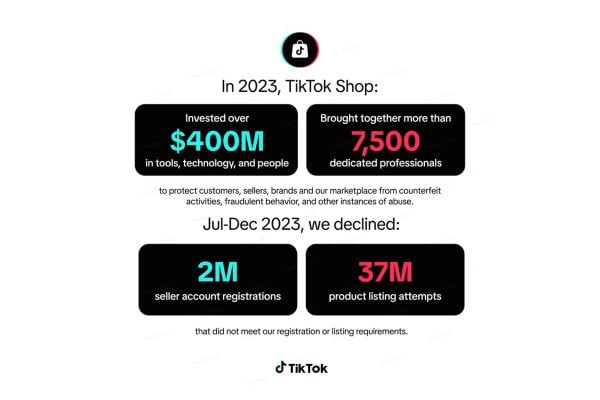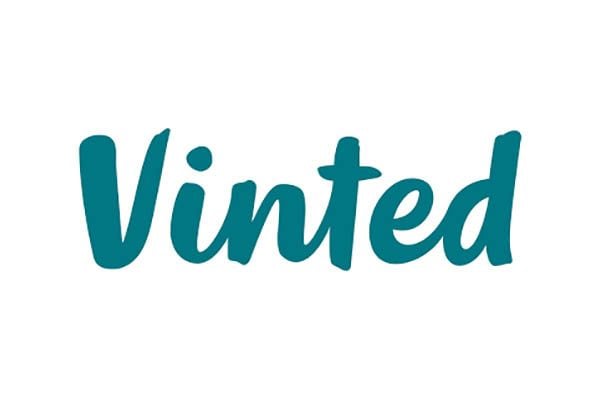Food inflation has hit an all new high of 12.4%. According to Ubamarket‘s research 55% of Brits state supermarkets don’t help consumers enough to alleviate food price inflation during the cost-of-living crisis but today Tesco have announced a new Exchange marketplace that will let Tesco’s suppliers cut production costs and reduce waste by selling or donating surplus stock or products to other suppliers who can make use of them.
Tesco Exchange is a new online marketplace that matches suppliers who have too much of a product, for example, crops, by-products, ingredients or packaging, with other Tesco suppliers that need it. It is expected that savings in production costs will ultimately benefit customers too.
Excess stock or waste for one supplier could be a valuable commodity to another. By linking different farmers, producers and manufacturers together, our suppliers can find new ways to trim their bills, reduce waste, and keep delivering great value for our customers.
– Sarah Bradbury, Quality Director, Tesco
In the same way that consumer marketplaces work, suppliers can advertise surplus stock for sale on Tesco Exchange, post requests for things they need and agree sales between each other. They can also set alerts for when items they need are posted.
Tesco Exchange is a great example of an initiative that the food industry needs to embrace and support in order to directly address commitments on food waste, the circular economy, and move towards more sustainable and resilient supply chains.
– Dr Julian Parfitt, Technical Director at Anthesis, the sustainability activator and developer of Tesco Exchange
Solutions that combat waste and cut costs like this are needed now more than ever. Consumers can already take advantage of similar solutions like ‘Too Good To Go’ an app where customers can order a cheaper mystery bag of food close to the sell by date. Not only is it helping customers but suppliers and brands who sell perishables can use these schemes to make their stock go further.

